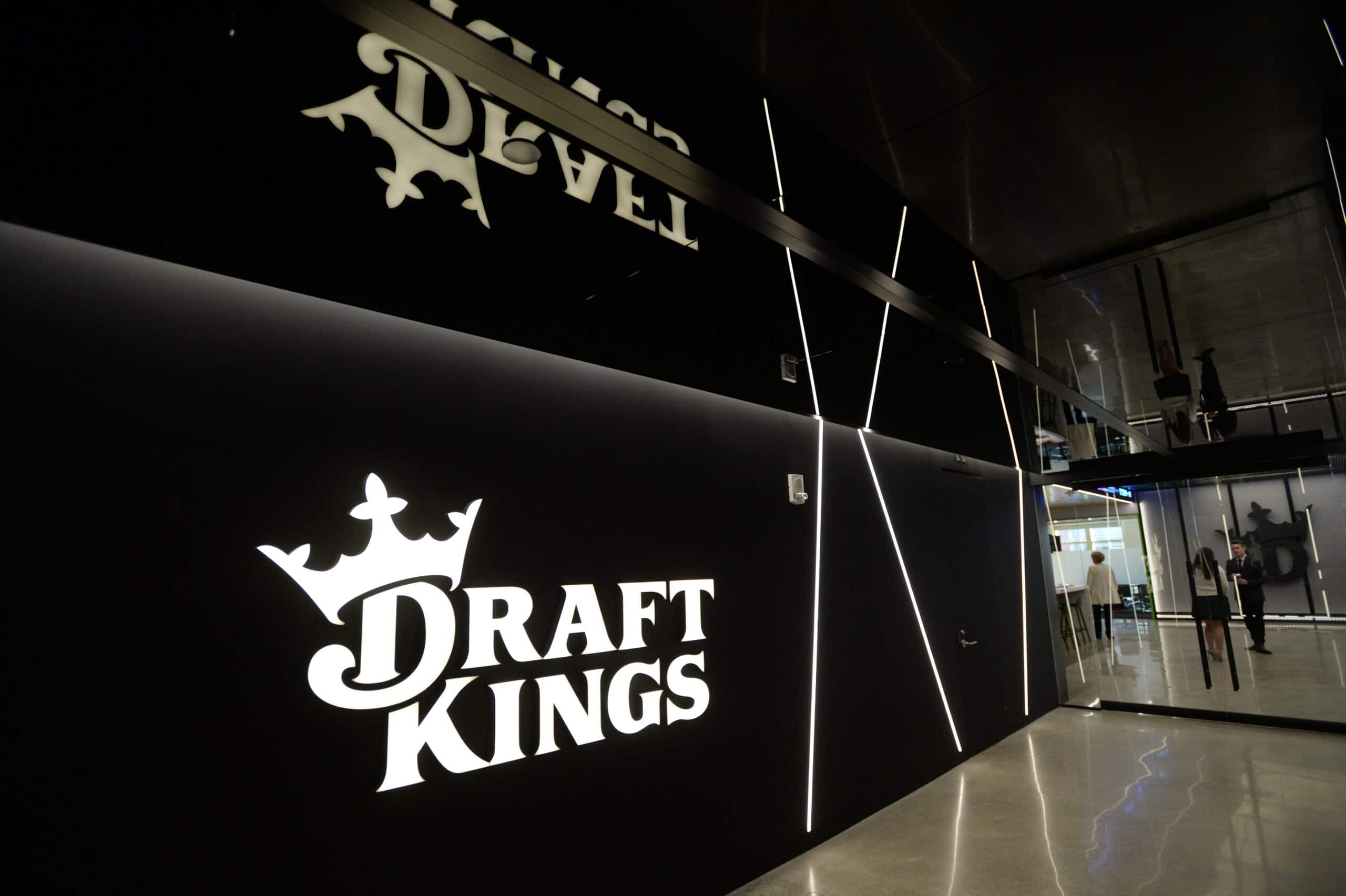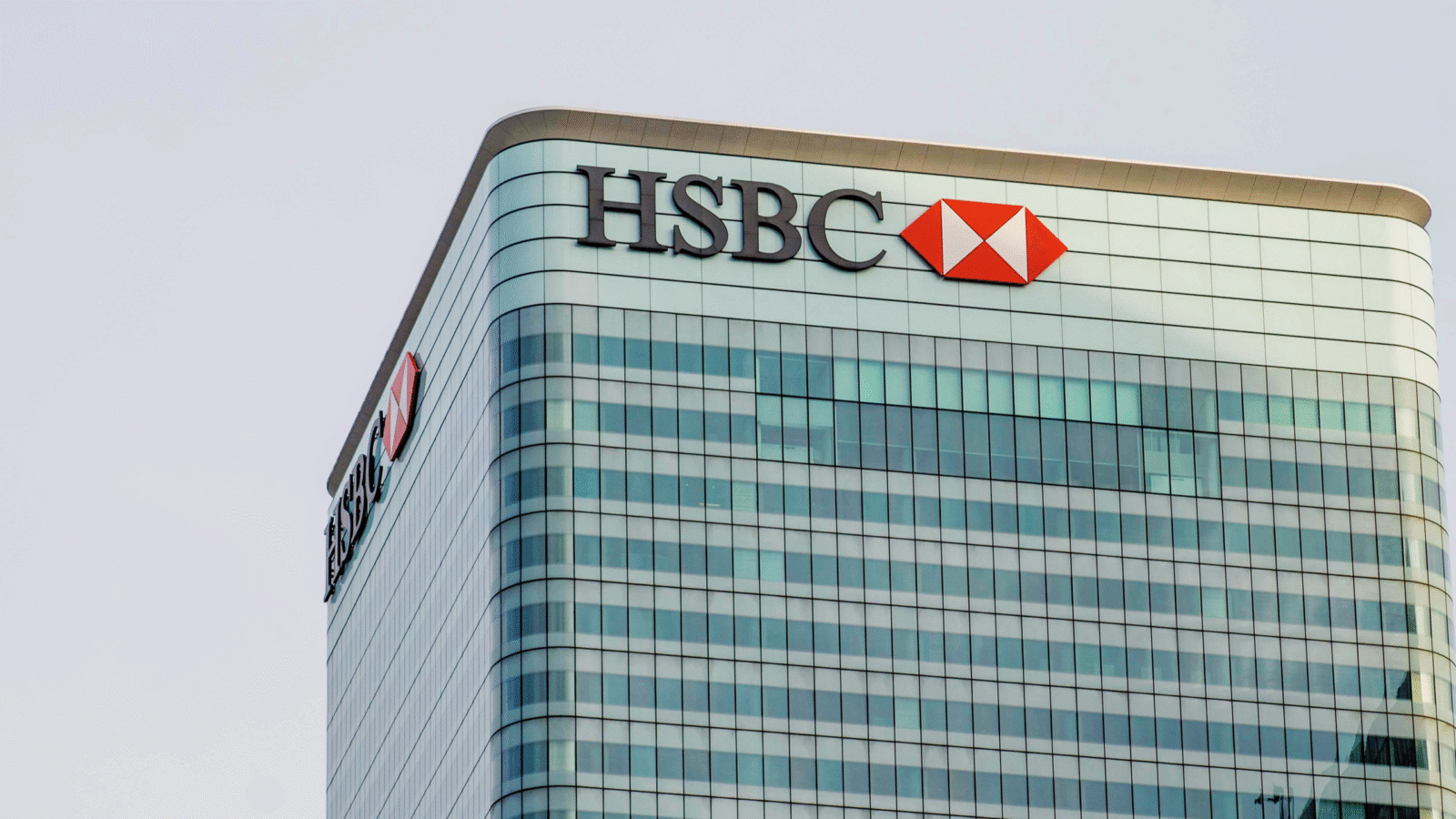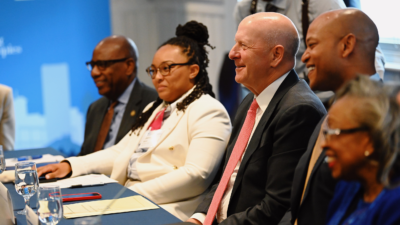
Sign up for smart news, insights, and analysis on the biggest financial stories of the day.
Like their best customers, professional gambling operations know when to fold.
Major sports betting apps like DraftKings, FanDuel, and BetMGM are pulling back on broadcast advertisements supporting Proposition 27, a ballot measure that would legalize online sports betting in the Golden State, The Wall Street Journal reported Monday. With polls showing little support, Prop 27 isn’t looking like an ace in the hole.
There’s Gold in Them Hills
Thirty-six states plus Washington D.C. allow sports betting, but California, with its 38 million residents, is the big score that’s long eluded the industry. In New York, the biggest state to allow online bookies, bet takers have already grossed $681 million in earnings since legalization in January, according to Legal Sports Report. Analysts believe legal gambling in California would dwarf those figures, with $3.1 billion of potential annual revenue on the line, according to analyst estimates. Prop 27 supporters bet big to win the pot, raising $162 million in campaign efforts. But with only 27% of voters supporting Prop 27 and 53% opposed, according to a recent poll from the University of California, Berkeley, they’ll need a lot more than a good poker face.
The strongest pushback has come from Native tribes, who rake in around $9 billion a year controlling much of the state’s gambling industry, according to 500 Nations. Two tribe-backed committees raised $233 million to derail Prop 27 and some tribes are backing a rival measure, Proposition 26, that would restrict sports betting to in-person at tribal casinos and horse tracks. With the public showing little enthusiasm for either, betting apps are trying to cover their ad spending losses while they still can:
- Backers of Prop 27 have already canceled $11 million worth of TV ads planned to run before November’s election, according to ad-buying data reviewed by WSJ, with focus shifting to mailers and digital efforts. “Clearly the ad war and the congested media landscape is not benefiting either Prop 26 or Prop 27,” Nathan Click, a Yes on 27 campaign spokesperson, told the WSJ.
- Some of the remaining ads have ditched promoting gambling altogether, instead championing Prop 27 as a potential victory for mental health and homeless services. If the ballot measure passes, most of the revenue from a 10% tax on all online sports betting would go toward these two top-of-mind concerns for California voters.
No Dice: States that allow online sports betting may already be tiring of losing 6-legged parlays. More seriously, there are fears that legalization has spurred addiction among young audiences. In Massachusetts, where DraftKings is headquartered, lawmakers are considering an all-out ban on TV betting ads during broadcasts with less than 85% of the viewership over the age of 21. The UK has barred ads featuring athletes, celebrities, or social media influencers. Sports betting companies have been on a hot streak for a while, but they might be coming up snake eyes real soon.











